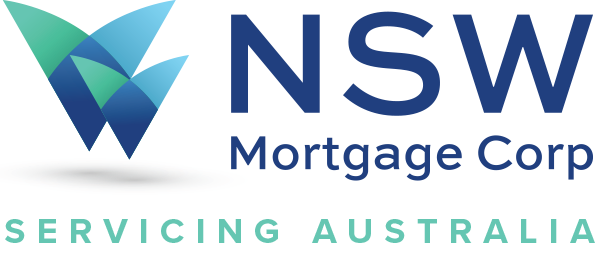Investing in a holiday house can be a smart move because it offers two primary advantages: leisure and tax depreciation benefits. Nonetheless, is this decision all sun and rainbows? What aspects should you know about property investment finance before you go for it?
Is Your Income Sufficient?
It goes without saying that a holiday house involves a range of costs. So, the first thing about property investment finance is to ensure that your income enables you to make timely mortgage repayments. You need to demonstrate that your income is satisfactory in this respect.
Location
One condition to get the most out of your investment property is to choose a desirable location. Nonetheless, as a savvy investor, you should do more than selecting a good location. You should comprehend the way in which the prices fluctuate and take into consideration average land taxes and rental yields, and additional government charges. Moreover, you should assess socio-economic factors such as infrastructure, ease of access and employment.
These are some of the aspects that matter the most. According to research, locations within an hour or two-hour drive from Sydney are popular due to their accessibility. In the same respect, the property you buy should be situated near amenities such as tourist attractions and restaurants.
Tenant Management
Considering that you wish to use the property for investment and lifestyle motives, the house should be equipped for the residents. It is implied that this necessitates continual upkeep, the utilisation of professional advertising services, so on and so forth.
When you lease out the property, you should factor in maintenance costs, such as cleaning, renovating and other small expenses that add up eventually. It is estimated that the maintenance costs for rental property over a year are approximately 5 percent of the income you accumulate. Nonetheless, note that upkeep costs can reach 15 percent of your rental income.
Use and Seasonality
The next things you should factor in when it comes to property investment finance are seasonality and use. Take into account that seasonal dwellings can negatively affect your cash flow, jeopardising your capability of affording expenses. It is up to you to establish how often you should rent your property so that you stay within a budget and still have a profit. Communicating with real estate agents can be a good start in this respect.
Tax Benefits
The thing with property investment finance is that you should estimate the benefits you’ll get. Your aim should be 3-4 percent rental yield at the very least. An example would be to claim for costs such as utilities, agent fees, cleaning, maintenance and insurance costs.
Deductions may also involve mortgage interest repayments for the time you rent the property. To benefit from these advantages, keep records of every mortgage-interest repayment, legal fees, and other expenses linked to your property.
So, should you consider property investment finance? Investing in a holiday house is a long-term commitment. It requires you to fully grasp the way in which the real estate market functions and the variety of costs involved. If you are careful when it comes to investing, you will definitely reap the benefits.



